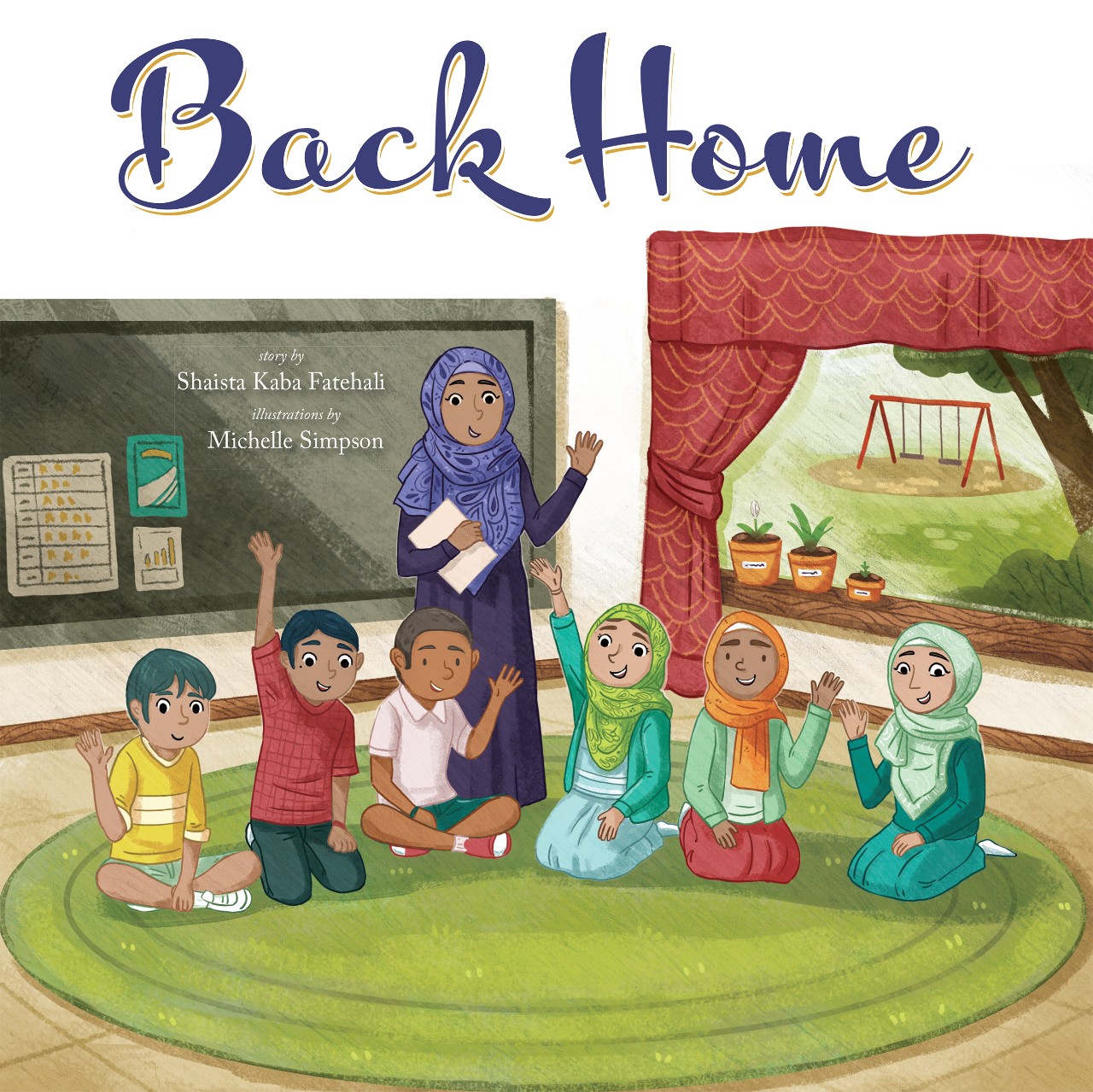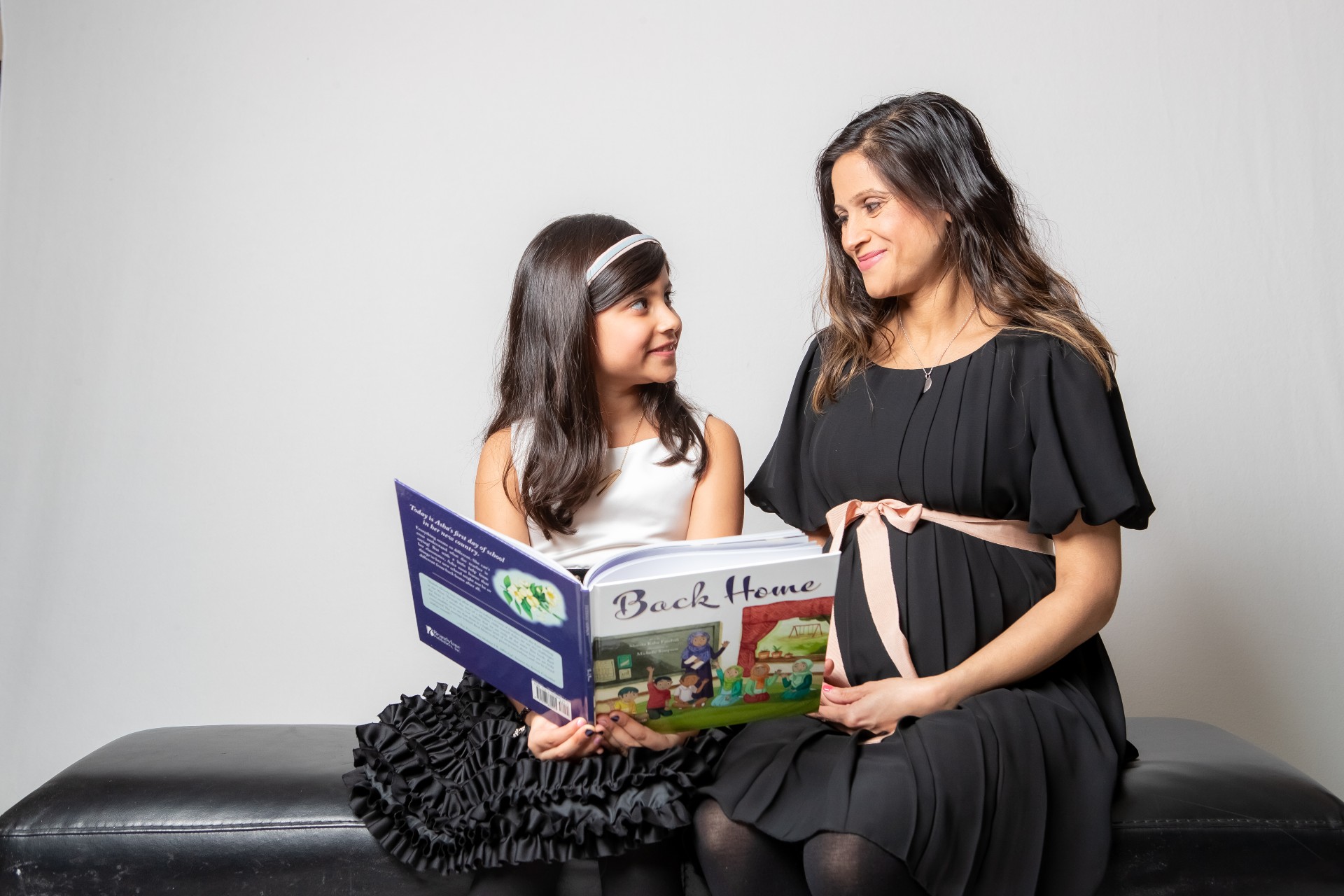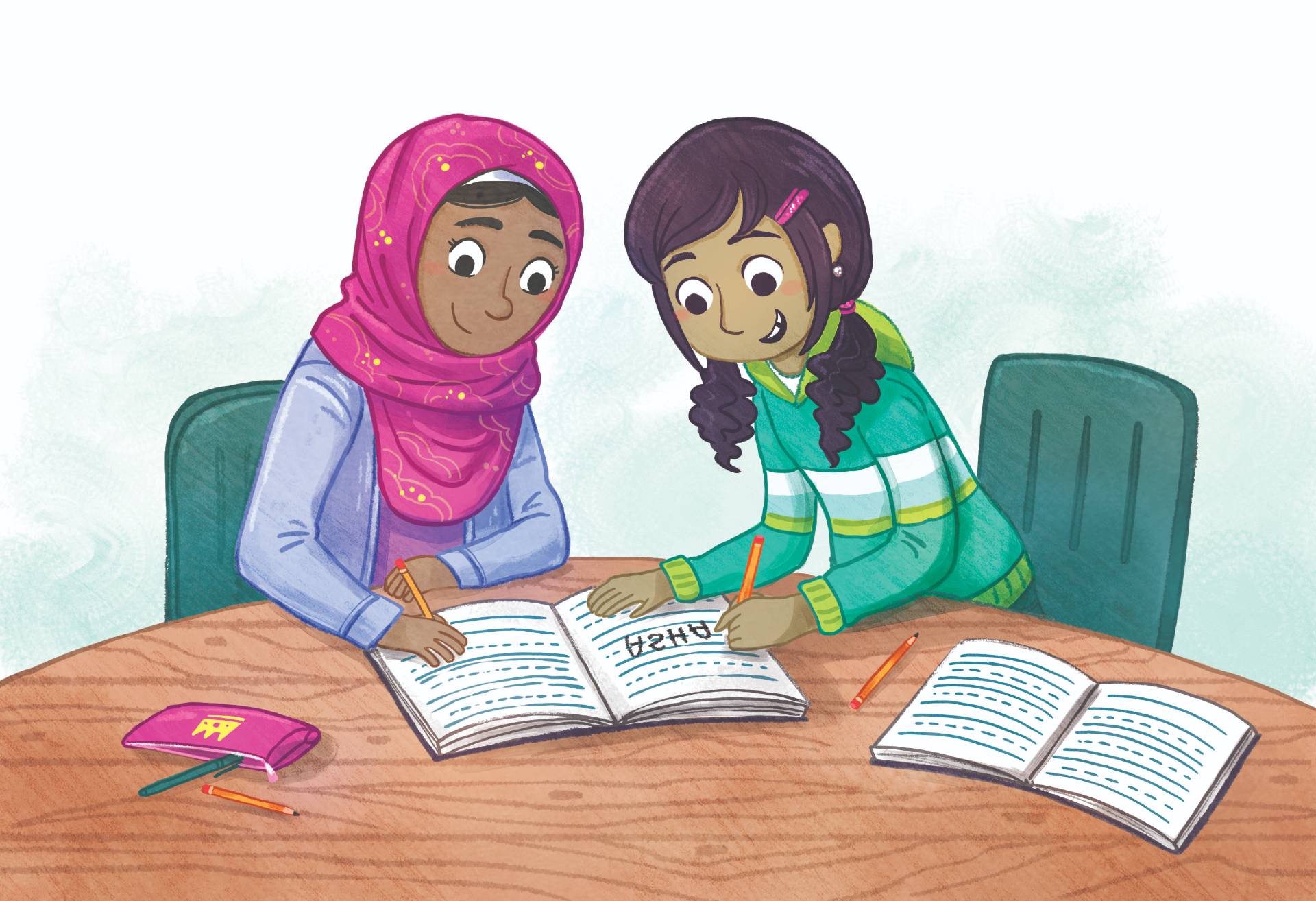
- Programs & Services
- Learning & Development
- Health & Wellness
- Faith & Traditions
- Economic & Financial Planning
- Community Engagement
- Support Services
- News
- Upcoming Events
- Watch Now
- Opportunities
- the.ismaili
- Feedback
- Login

One morning in 2016, at the elementary school in Delta, B.C., where Shaista Kaba Fatehali teaches, the principal told her she’d be getting a new student. His name was Ahmed. He was a refugee from Syria.
“In my school,” says Fatehali, “we’ve had such an influx of refugee students.” Most of them were displaced by the Syrian civil war that began in 2011. In September 2015, the body of 3-year-old Alan Kurdi washed up on a Greek shore, prompting Canada to open its doors to almost 65,000 Syrian refugees—like Ahmed’s family—between November 2015 and May 2019.
Fatehali’s kindergarten classroom would be Ahmed’s first formal learning environment, so she expected he’d experience a transition. What she wasn’t prepared for were “the social and emotional challenges we would both have to overcome.” For instance, she’d assumed he’d experience separation anxiety, but didn’t realize the sound of school bells and airplanes overhead would scare him.
To ease Ahmed’s transition, his 17-year-old brother, Hamza—whose lack of formal schooling kept him from entering Canadian high school—came too. While Ahmed learned the alphabet, so did Hamza. The older boy also learned simple conversational English. On the last day of class, the kindergarten students received report cards. Hamza asked Fatehali where his was.

“I, of course, did not have one for him. But instead told him all that he had learned and accomplished,” says Fatehali. “I could see he was proud of himself. Through school, Hamza learned that he was accepted and valued in his new country.” This made Fatehali realize that helping refugee students feel they belong could be key to their success in a new country. She searched for tools to help teachers create this sense of belonging.
“There wasn’t any literature out there that didn’t just talk about a refugee crisis,” says Fatehali, a PhD candidate in early childhood education at Concordia University Chicago, and founder of Thrive Kids!, a company that coaches kids in life skills.
She decided to write a book in which new students could see themselves, and other students could glimpse a newcomer’s viewpoint. She drew on her own family’s experience leaving Kenya after neighbouring Uganda expelled residents of Asian descent in 1972, triggering fears of similar expulsions in nearby countries.
The result is Back Home (2019), the story of five-year-old Asha on her first day of school in her new country. As Asha enters her classroom, she’s bombarded with the unfamiliar and afraid to leave her father’s side. Throughout the day, Asha’s classmates smile at her and include her in their play. She notes similarities between the values of patience and generosity in her new classroom and her class back home. She remembers old friends as she connects with new classmates. At the end of the day, Asha realizes: “I feel happy. I feel like I am at home.”

Dr. Neila Miled, a sessional lecturer at the University of British Columbia who has extensively explored the topic of “home” among refugee students, says teachers can play a critical role in helping refugees integrate. “It is extremely important, when we deal with kids, that we create a sense of, ‘Home is where we are,’” says Dr. Miled. Unfortunately, she adds, “one of the greatest challenges at the elementary school level is the lack of teacher training in how to support refugee students.”
Sasha Pahlad, an elementary school teacher in Delta School District (DSD), concurs. “The teachers don’t have any training, like with language. The trauma doesn’t really get dealt with, either.”
Back Home helps fill the void in teacher tools and builds bridges among students—whether they are new to the country or school district. DSD teacher Angela Yip has had great success fostering empathy in her classrooms with Back Home. “I find [the book] especially helpful for when there’s a new student, whatever background they come from. When you read Back Home, children always think, ‘Oh, I’ve been a new student before.’ No matter what age, they usually connect to that.”
Fatehali’s goal was a book for children from refugee backgrounds, but it turns out Asha’s story holds meaning for their classmates, too.
This story has been adapted from a piece that originally appeared in the Summer 2020 issue of Asparagus Magazine.